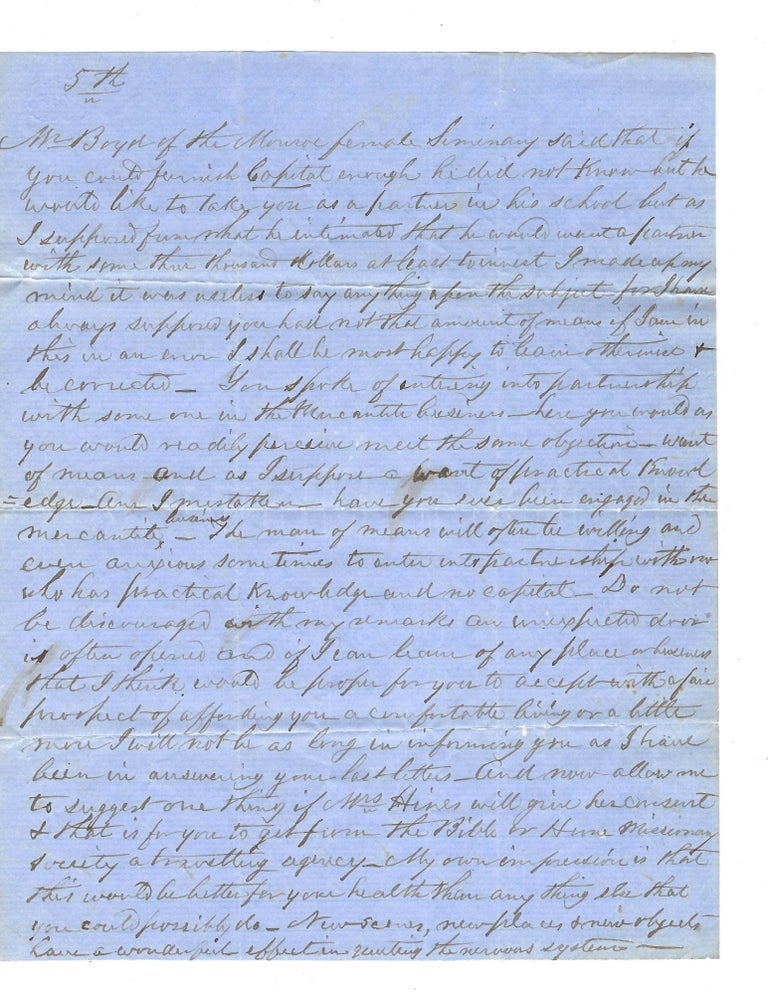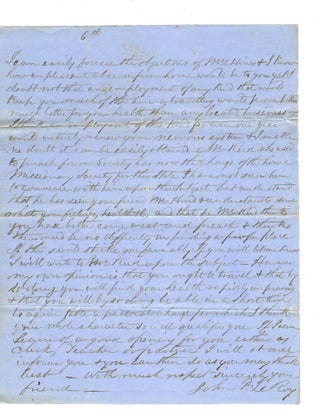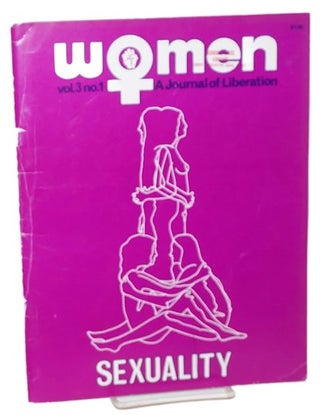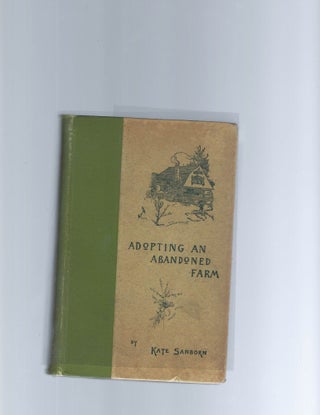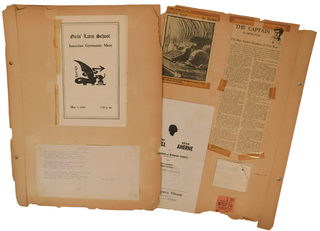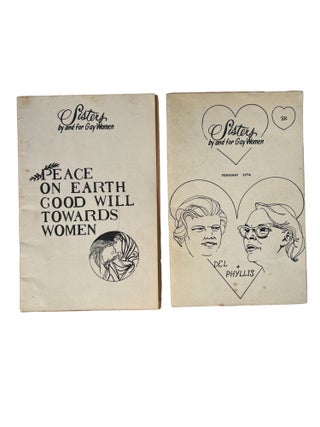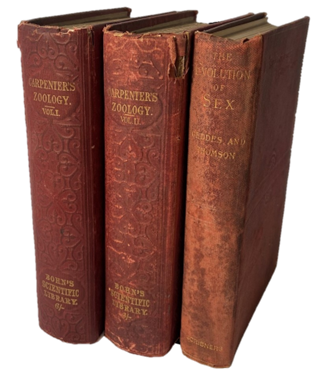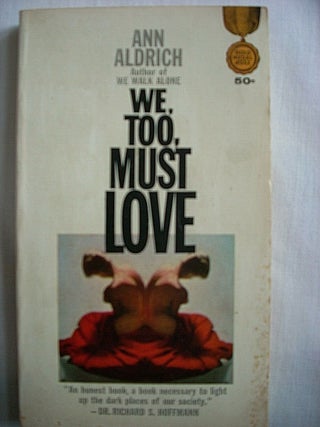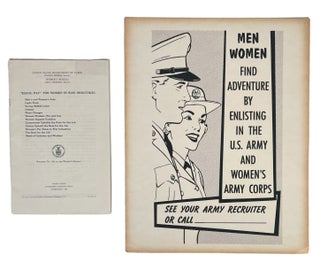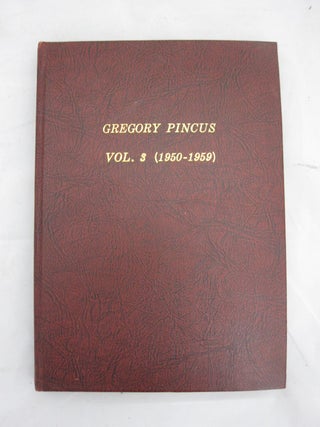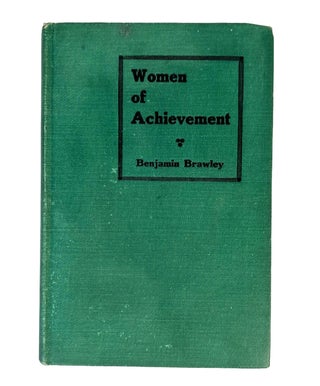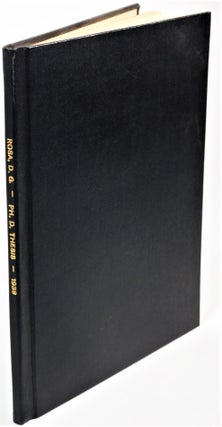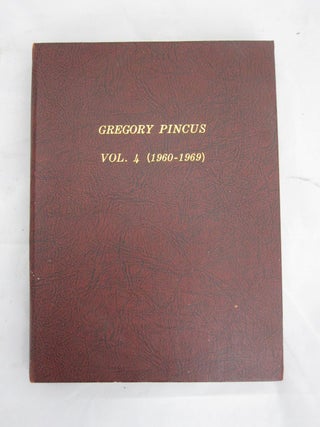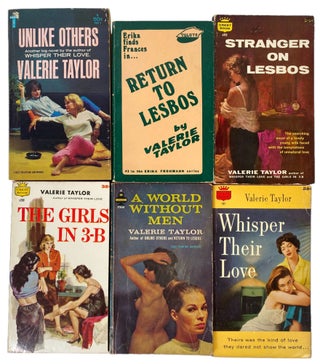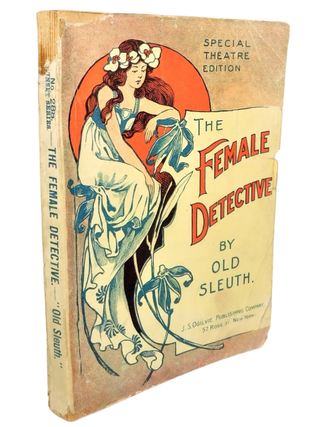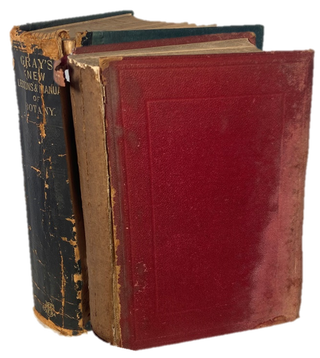Archive of Letters on the Administration of Female Seminaries 1850-1900
ALS : Autograph Letter Signed
Archive of 7 letters totaling 18 pages spanning the years 1845-1900. The letters detail the administration of women's seminaries during a time when these institutes were being created to offer educational opportunities for female students as they prepared to become teachers. One admissions letter addressed to the father of two students reads, “Dear Sir, I am happy to inform you that your daughters can be admitted to the Seminary agreeably to your request. And that rooms will be selected and and reserved for them. The next term will commence on Thursday the 15th.” In a series of letters written between teachers, cheerful complaints are detailed, " I like teaching very well, though I think I have found more pleasure in studying. I like it so long as I can keep my class interested. Sometime I can easily do this, at other times I find it more difficult then it is that I get discouraged, and think that it would be easier for me to learn a lesson and recite it myself than to see that a half dozen mischievous girls get theirs." During the mid-nineteenth century female seminaries were a cultural phenomenon succeeded the family-like environment of boarding schools to be structured more like men's colleges. The development of the female intellect was seen as a responsibility, one educators took seriously. In one somewhat humorous letter on the rigor of examinations, a professor writes “I have been more busily engaged than even you can imagine. I took it into my head to get up a semi-annual Examination which draws heavily upon my time and energies and to cap the whole I narrowly escaped the loss of one of my eyes. A piece of red hot burning coal few into it.” A letter written from a professor to student reveals the mentorship fostered in these institutions, "Dear Madam, I am entering your name as a candidate for the Classical Scholarship. The examination will take place on Wednesday, Thursday & Friday the 14th, 15th, & 16th of March at Newnham College. You will have to come to Cambridge on Tuesday probably in time to read for the examination on Wednesday morning, but most likely you will ? & leave on Friday afternoon. If you would like us to arrange for board and lodging for you please let us know. It will cost you 3 / b per night." The seminaries were private institutions without public funding, so finding donors was imperative. In one letter, a John P.LeRoy writes to a friend asking for such an investment, “Mr. Boyd of the Monroe Female Seminary said that if you could furnish capital enough he did not know but he would like to take you as a partner in his school but as I supposed from what he intended that he would want a partner with some three thousand dollars at least to invest.” In a letter written by one headmaster after being let go from his position, the administrative structure of the seminary is alluded to, "I regard the action of the Committee as neither just, kind, nor courteous…Up to the meeting of the Comm. In May, I had never received any intimation that the Comm. or the patrons of the school were dissatisfied with my administration." And in one snapshot of student life during a measles outbreak in Ohio, dated 1873, a student writes to her mother, “I thought I would write and ask you if I have ever had the Measles as we have them in school now. If I have not I don’t want to have them here. One of the girls is going home Saturday. She is exposed and has never had them & she is going home to have them. This is a mighty poor place to get sick. I never thought the Measles ended in such serious things as they do sometimes, that is if you get cold. The girls were talking about the different way in which they effect persons. The mumps are raging too.”These letters give a unique portrait of the administrative obstacles and successes across a small set of female seminaries during these institutions burgeoning years.
Item #17093
Price: $145.00
See all items by Women Education, 19th c.

